Overdose Symptoms, Risks & Treatment
Experiencing an overdose is a difficult thing, both for the individual themselves, and the people around them. It can bring up a lot of complicated emotions, and for some people, these are very tough things to talk about.
Whilst talking about an overdose is likely to be very emotional and cause all kinds of feelings, you do not need to feel ashamed if you or a loved one have experienced an overdose.
The important thing to do is to identify where you or a loved one can access help and treatment to decrease risk and increase your support network, and learn about what to expect from an overdose if the event ever arises.
If you or a loved one have experienced an overdose or are concerned that you may be at risk of one, here is an overview of the risks, symptoms, and treatments associated with drug overdoses.
What Is an Overdose?
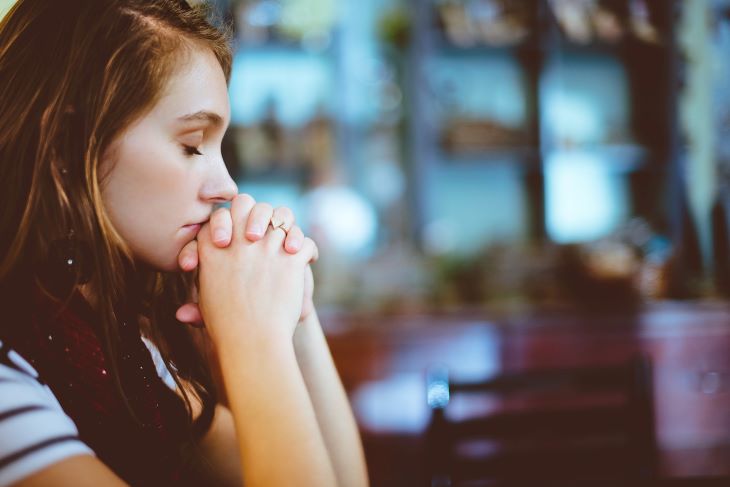
In England and Wales, there were 4,859 deaths from fatal overdoses in 2021. [1]
A drug overdose happens when the body cannot cope with the amount of toxic substances in its system.
Usually, this happens when someone takes a large amount of a substance or a mix of substances. [2]
What Causes an Overdose?

A drug overdose is classed as a kind of poisoning.
Poisoning by medicine overdose is the most frequent kind of poisoning among people in the UK.
There are two main types of drug overdose:
- Accidental overdose
- Intentional overdose
An accidental overdose occurs when they use more of a drug than they attended.
This can happen if you take a high quantity, a drug of high strength or potency, or if you mix several kinds of drugs (prescription or otherwise).
An intentional overdose happens when someone knowingly takes a high quantity, high strength of a mix of drugs in a purposeful or planned manner.
Overdose Risk Factors
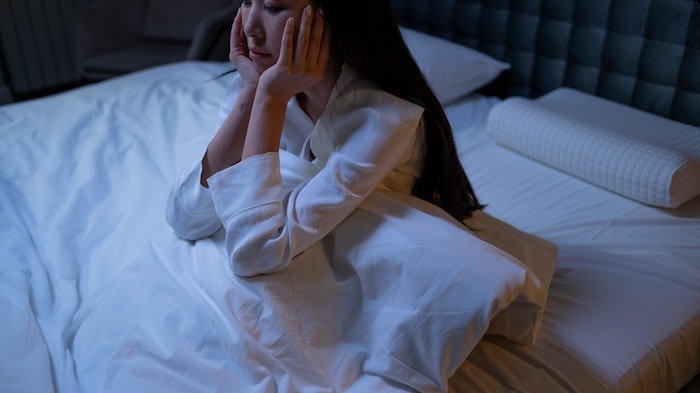
There are some individuals who are at higher risk of drug overdose.
Some of the risk factors involved in overdosing include:
- Having a substance-use disorder (increased severity of drug use)
- Having access to a high dosage of prescribed medication (including drugs like prescribed opioids, or painkillers like tramadol)
- Using more than one drug at the same time (known as ‘mixing’ drugs or informally referred to as a ‘cocktail’
- Using drugs and alcohol together
- Underlying health conditions (diseases of liver or lungs, HIV)
- Underlying mental health conditions [3] [4]
A 2021 clinical study identified three key risk factors for overdose:
- The use of illicit drugs, and not being in treatment
- Emotional trauma and mental health issues
- severity of drug use – e.g. ‘chronic’ use [5]
Mental Health and Drug Use
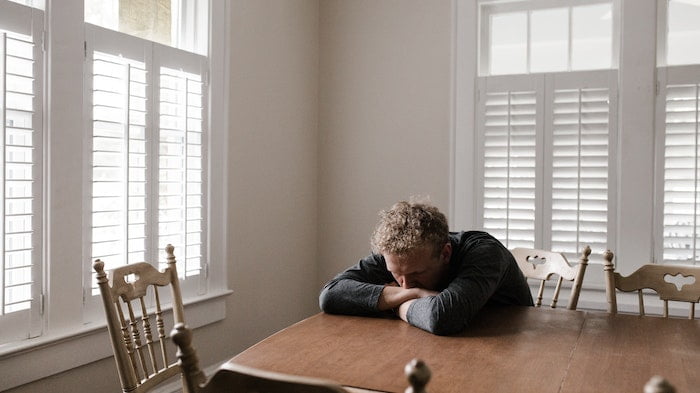
It is not uncommon for individuals who use drugs regularly to have a diagnosis of a mental health condition.
This is known as a dual diagnosis.
The National Institute for Health and Care Excellence found that in the UK:
- between 20 and 37% of people across mental health settings are struggling with addiction,
- between 6 and 15% of people in addiction services have a diagnosis of a mental health condition.
Frequent dual diagnoses in individuals with experience of substance misuse include:
The link between mental health and drug use suggests that individuals with a dual diagnosis are at a higher risk of overdose.
General Symptoms in Overdose
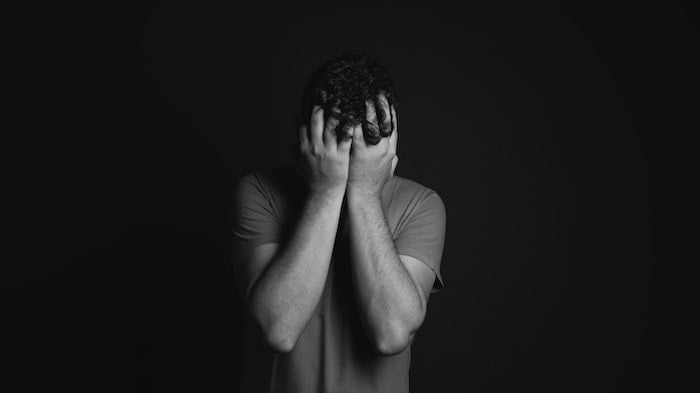
The way that an overdose manifests (the different symptoms that occur afterwards) will depend on many factors, including:
- the drug that was taken
- how much of (or how strong was) the drug that was taken
- how the drug was taken (method of use)
- the general health of the individual who took the substances
- the age of the individual who took the substances
- which medications the individual may also be taking [7]
Although the exact impact of an overdose will vary due to all of these factors, here is a general overview of what symptoms of an overdose can look like in broad terms.
Physical Symptoms of An Overdose:
- chest pain and/ or abdominal pain
- intense or severe pain or cramping in the stomach
- diarrhoea
- feeling or being sick
- feeling dizzy or off balance
- a very weak or very strong pulse
- a drop in blood pressure
- very weak or very shallow breathing (shortness of breath)
- a general limpness in the body
- difficulty in moving as usual (loss of coordination or control)
- seizures (fitting or convulsing)
- a blue tinge to the lips and/or nails
- paleness
- clamminess
- losing consciousness, or passing out
Psychological Symptoms of An Overdose:
- feeling tired
- feeling confused
- feeling disoriented
- feeling agitated, annoyed, or angry
- feeling paranoid or fearful
seeing or hearing things that are not there (hallucinations) [8]
It’s a ‘Minor’ Overdose. Do I Need Medical Treatment?

The symptoms of overdosing will depend largely on the individual and their specific situation.
Although not every overdose carries a risk of death, every overdose has the potential to cause serious adverse effects.
If you or a loved one are experiencing any of these symptoms following drug use, it is essential that you access medical attention.
Even if you feel that the incident is ‘minor’, it is best practice to speak with a medical professional to ensure your safety and discuss various treatment options.
If you are concerned about symptoms relating to vital signs (difficulty breathing, abnormal pulse, seizures, sudden drop in blood pressure or lack of consciousness) then you need to contact emergency services immediately.
Different Kinds of Overdose
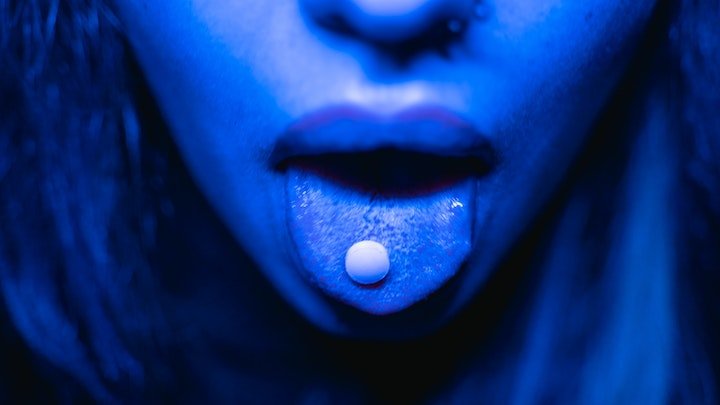
Often, we associate the idea of overdosing with illegal drugs.
However, it is possible to overdose on legal drugs, such as prescription medication:
- Cannabis
- Stimulants (such as cocaine and crack cocaine)
- Beta-blockers
- Selective Serotonin Reuptake Inhibitors or SSRIs (a kind of antidepressant)
- Aspirin
- Painkillers (such as Paracetamol)
- Benzodiazepines
- Opioids (such as heroin)
- Amphetamines (such as meth)
- Sleeping Pills
Coping With Overdose: What to Do

It is natural to be anxious and fearful if you believe a loved one has taken an overdose.
But, by staying calm and collected, you can assist them to get the medical attention they need.
If you think you have identified some of the potential signs that someone has taken an overdose, you can help by:
- calling 999 and asking for an ambulance
- checking their breathing
- if they are non-responsive, but breathing, they may be unconscious – help them into the recovery position [9]
- not giving them anything to eat or drink
- taking any packets, boxes or bags that the medication may have come into the hospital [10]
- doing your best to stay calm and not panic
The shorter the period of time between taking the overdose and receiving medical treatment, the lower the chance of severe medical complications and risk of death.
Medical Treatment for an Overdose
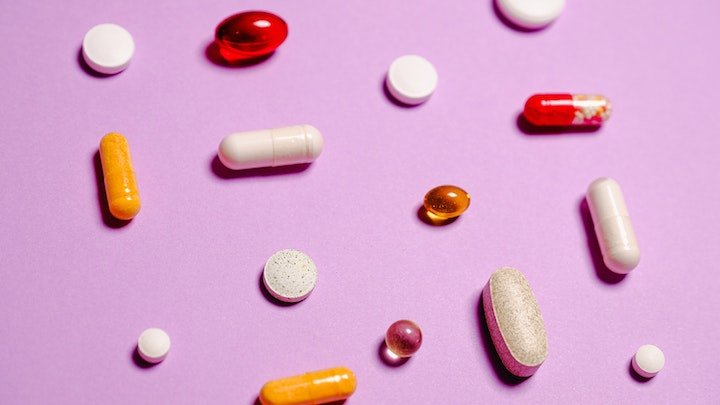
Just like the symptoms of every overdose is different, the medical care will also be different, as it will be tailored to the needs of the patient depending on the substance that they have taken.
Some of the medical treatments that may be offered after an overdose include:
- a complete assessment including testing (physical – for example, blood tests – and psychological)
- emptying the body of the substance (this can be achieved through the use of activated charcoal, or in some cases, a stomach pump)
- prescribing an ‘antidote’ (a medication that will counteract or neutralise the effects of the substance to keep the body safe) e.g., naloxone hydrochloride for an opioid overdose, or acetylcysteine for paracetamol [11]
- admission to the hospital for monitoring and observation to monitor any residual risk or other adverse effects [12]
After Medical Treatment: Aftercare and Risk Management

After being treated medically for an overdose in the hospital and you are clinically safe from a physical perspective, you will likely have a psychiatric assessment with an appropriate medical professional.
This meeting will be a conversation between yourself and a clinician (with a family member, friend, or appropriate adult present, if required) to check in on how you are feeling, and what may have led to the overdose.
During this meeting, you may discuss different forms of risk treatment options, to monitor your well-being and most importantly, ensure your safety.
You may be asked some questions about your feelings and what happened before the overdose that may feel a little uncomfortable to talk about.
However, it is important to remember that you are in a safe, non-judgmental environment and that you are allowed to take your time.
After this, if you are deemed physically and psychologically safe, you can be discharged.
In some cases, you may be referred to a relevant service – either to access support for mental health, drug use, or both – to help you to manage symptoms and alleviate difficulties to help prevent the overdose from happening again. [13]
Preventing Overdose

Before you are discharged from the hospital, you will have the opportunity to speak to a professional about accessing relevant care and support.
Usually, a discharge letter explaining the details of what led you to the hospital will be sent to your GP, and you will have an appointment with them to discuss your current situation and raise any concerns. [14]
This meeting, along with your assessment at the hospital, will be used to help develop a sustained care plan for you going forward.
Treatment for Substance Use Disorders

The best methods for preventing overdose are:
- to decrease or eliminate drug use
- to access targeted treatment or support [15]
After taking an overdose, medical professionals may suggest to you that you may benefit from spending some time in treatment.
Addiction treatment is a type of holistic support that can be tailored to suit your needs and recovery goals.
The overall aim of addiction treatment is to increase your general well-being and quality of life, eliminate dangerous substance use, and ultimately lower negative risks.
1. Medical Treatment and Drug Detox
As part of addiction treatment, you may be offered a detox.
A detox is the process of your body adjusting to an addictive substance leaving the body.
Detoxing can be a difficult stage of addiction treatment for many people.
For this reason, you will have medical support to help you to manage both the physical and psychological risks of the detoxing process.
2. Psychological Treatment and Therapies
After detoxing, you can turn your attention to the psychological side of recovery,
By focusing on the thoughts and feelings that may have led to your use of drugs with professional help, you can greatly decrease the likelihood of relapse.
By spending some time on the difficult topics in therapy, you can allow yourself to begin to understand the role that substances play in your life, and then start to challenge that with help from professionals.
By starting to change your relationship and attitude toward drug use, you are more likely to stay sober or clean.
This, in turn, will reduce the risk of overdose happening in the future.
Some of the therapies you may be able to access to assist with drug addiction and decrease your risk of overdose include:
- Acceptance and Commitment Therapy
- Brief Interventions
- Codependency Treatment
- Cognitive Behavioural Therapy (CBT)
- Contingency Management
- Dialectical Behavioural Therapy (DBT)
- Family Therapy
- Group Therapy
- Holistic Therapy/ Alternative Therapy (Art Therapy, Music Therapy, Equine Therapy, etc).
- Individual Therapy (1-1 Therapy)
- Motivational Enhancement
- Motivational Interviewing
- Psychotherapy
- Twelve-Step Facilitation Treatment (TSF)
- Alcoholics Anonymous (AA)
- Narcotics Anonymous (NA)
- AI Anon
- SMART Recovery
- Alcohol Addiction Counselling
- Contact local drug and alcohol specialist teams in your local area
- Contact with an assigned primary clinician (therapist, registered mental health nurse, care co-ordinator or general practitioner)
Ready To Get Help?
The dedicated team at Rehab Recovery are available to answer any questions you may have about how to access personalised treatment and support for yourself or a loved one.
If you are ready to begin your recovery journey with a specialised, non-judgemental drug and alcohol rehab, you can call us on 0800 088 66 86 or request a call back to speak to a team member.
If you would prefer not to speak over the phone, the Rehab Recovery online chat is open 24/7 to provide you with support.
The team are available to answer any questions you may have about prevention and finding support after a drug overdose, accessing addiction treatment, and beginning your journey to long-term recovery.
References
[2] https://harmreduction.org/issues/overdose-prevention/overview/overdose-basics/what-is-an-overdose/
[3] https://www.who.int/news-room/fact-sheets/detail/opioid-overdose
[5] https://www.ncbi.nlm.nih.gov/pmc/articles/PMC8506126/
[7] https://www.betterhealth.vic.gov.au/health/healthyliving/drug-overdose
[8] https://www.betterhealth.vic.gov.au/health/healthyliving/drug-overdose
[10] https://www.betterhealth.vic.gov.au/health/healthyliving/drug-overdose
[11] https://bnf.nice.org.uk/treatment-summaries/poisoning-emergency-treatment/
[12] https://www.betterhealth.vic.gov.au/health/healthyliving/drug-overdose
[13] https://www.ncbi.nlm.nih.gov/pmc/articles/PMC4995585/
[14] https://www.nhs.uk/nhs-services/hospitals/going-into-hospital/being-discharged-from-hospital/




